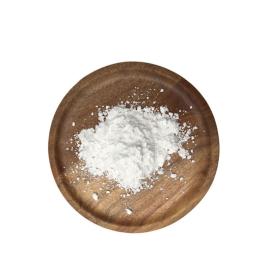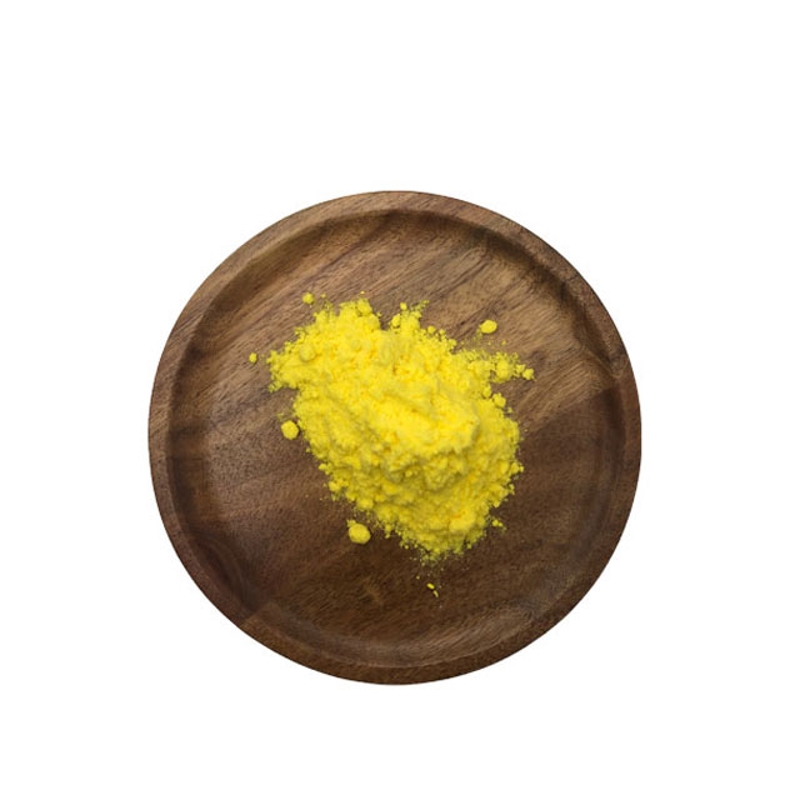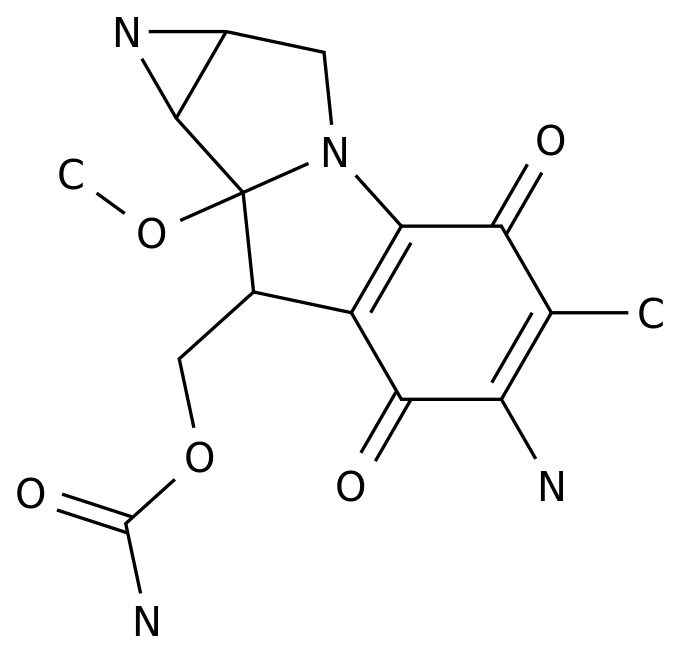Cell Discov: Seaweed extract is more effective at suppressing SARS-CoV-2 than Redsewe.
-
Last Update: 2020-07-30
-
Source: Internet
-
Author: User
Search more information of high quality chemicals, good prices and reliable suppliers, visit
www.echemi.com
!---- In tests of the antiviral effects of the virus that causes COVID-19, a substance extracted from edible seaweed significantly exceeds the current standard antiviral drug used to fight the disease, Redsivir.heparin, a common blood thinner, is a heparin variant that loses anticoagulant properties and plays the same role as Redseywe in suppressing SARS-CoV-2 infection in mammalian cells.study, recently published on the Cell Discovery website, is the latest example of a baiting strategy.researchers from the Centre for Biotechnology and Interdisciplinary Studies (CBIS) at the Rensselaer Institute of Technology are developing a new strategy for a new coronavirus that has triggered the current global health crisis.the study entitled 'Sulfated polysaccharides effectively ar SARS-CoV-2 in vitro'.the synaptic protein on the surface of SARS-CoV-2 binds to an ACE-2 receptor, a molecule on the surface of human cells. once, the virus inserts its own genetic material into the cell, hijacking the cell machine to make a copy of the virus.but viruses can also be persuaded to lock a bait molecule that provides a similar match. Viruses that areneutral are captured and eventually degrade naturally.previous research suggests that the trick can trap other viruses, including dengue, Zika and influenza A.'We're learning how to stop viral infections, and if we want to respond quickly to a pandemic, we'll need that knowledge,' said Jonathan Dordick, lead researcher on the study and professor of chemistry and bioengineering at the Lensler Institute of Technology.'s the reality is that we don't have good antiviral drugs.to protect ourselves from future pandemics, we will need a series of ways to quickly adapt to emerging viruses.'Cell Discovery's paper tested the antiviral activity of three different heparins (heparin, trisulfonate heparin, and a non-anticoagulant low molecular amount of heparin) and two brown algae polysaccharides (RPI-27 and RPI-28) extracted from seaweed.all five compounds are long-chain sugar molecules called sulphate polysaccharides.a combination of studies published earlier this month in Antiviral Research suggests that this structural structure is an effective bait.researchers performed a dose response study on mammalian cells, called EC50 (an acronym for the effective concentration of a compound that inhibits 50% viral infection). results for EC50, which are given at molar concentrations, a lower value that marks a more potent compound. RPI-27 has an EC50 value of about 83 namoles, compared with a previously published EC50 value of 770 namoles in an independent in vitro trial on the same mammalian cell. heparin EC50 is 2.1 micromoles, about one-third of Redseweactive activity, and heparin's non-anticoagulant analogue EC50 is 5.0 micromoles, about one-fifth of Redsewere activity. another test found that no compound was cytotoxic, even at the highest concentration. 'We're interested in a new approach to infection,' said Robert Linhardt, a professor of chemical and chemical biology at Rensler, who is working with Dordick on a trick strategy. 's current idea is that COVID-19 infection begins in the nose, and either of these substances can form the basis of nasal sprays. If you can simply treat the infection early, even before it is done, you can stop it before it enters the body. 'Dordick added that compounds extracted from seaweed 'can be used as a basis for oral administration to address potential gastrointestinal infections. ' in the study of SARS-CoV-2 sequencing data, Dordick and Linhardt found several base sequences on the structure of the hedgehog protein, which are expected to match heparin, and the results were confirmed in the combined study. this stingprotein is encased in a large amount of polysaccharides, an adaptation that protects it from the degradation of human enzymes and is ready to bind to specific receptors on the cell surface. Dordick said: 'It's a very complex mechanism and frankly we don't know all the details, but we're getting more information. the study makes it clear that the larger the molecule, the more suitable it is. more successful compound is the larger sulphate polysaccharides, which provide more location for molecular capture of the virus. 's molecular model based on binding studies reveals sites where heparin can interact on the stingprotein, improving the application prospects of polysaccharides similar to sulphuric acid. Deepak Vashishhth, director of CBIS, said: 'This exciting study by Professor Dordick and Professor Linhardt is one of several ongoing studies at CBIS and rensler to address the challenges of the covid 19 pandemic through new treatments and the reuse of existing drugs. '
This article is an English version of an article which is originally in the Chinese language on echemi.com and is provided for information purposes only.
This website makes no representation or warranty of any kind, either expressed or implied, as to the accuracy, completeness ownership or reliability of
the article or any translations thereof. If you have any concerns or complaints relating to the article, please send an email, providing a detailed
description of the concern or complaint, to
service@echemi.com. A staff member will contact you within 5 working days. Once verified, infringing content
will be removed immediately.







